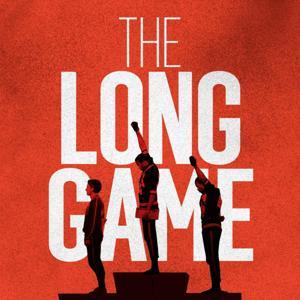
Sign up to save your podcasts
Or



By Doha Debates and Foreign Policy





4.3
9090 ratings



The podcast currently has 54 episodes available.










The podcast currently has 54 episodes available.

90,979 Listeners

23,834 Listeners

25,920 Listeners

600 Listeners

219 Listeners

58,911 Listeners

113,095 Listeners

56,827 Listeners

12,851 Listeners

19,162 Listeners

16,484 Listeners

2,720 Listeners

27 Listeners

1,035 Listeners

38 Listeners

205 Listeners

370 Listeners

75 Listeners

777 Listeners

11 Listeners

0 Listeners

13 Listeners

8 Listeners

3 Listeners

0 Listeners

0 Listeners

858 Listeners

0 Listeners

105 Listeners

182 Listeners

3 Listeners